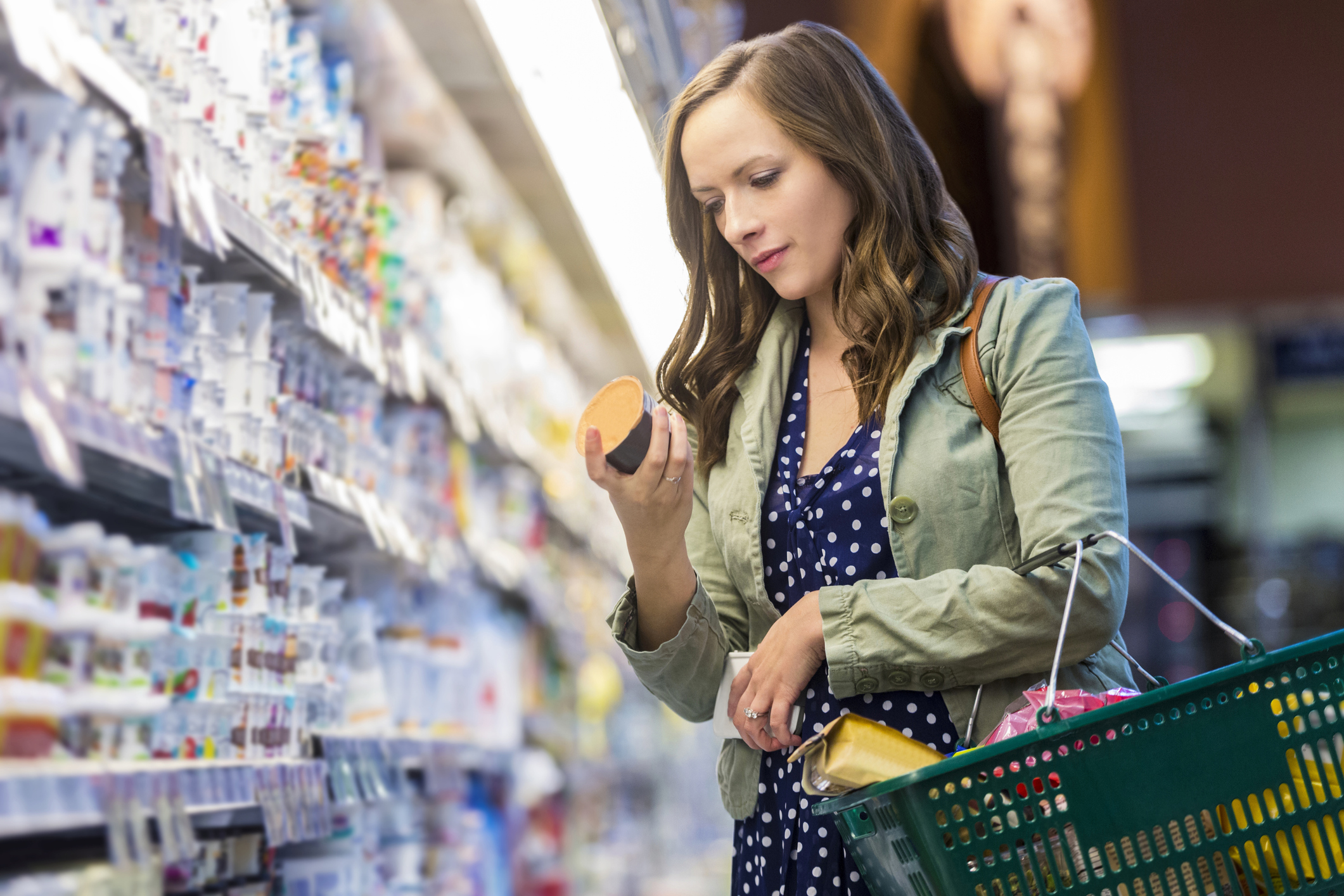Get Easy Health Digest™ in your inbox and don’t miss a thing when you subscribe today. Plus, get the free bonus report, Mother Nature’s Tips, Tricks and Remedies for Cholesterol, Blood Pressure & Blood Sugar as my way of saying welcome to the community!
Stroke, cancer and 43 other conditions linked to sugar

According to the American Heart Association, American adults consume an average of 77 grams of added sugar per day. That’s about 18 and a half teaspoons.
Add it up, and we’re consuming a staggering 60 pounds of sugar a year. That’s the equivalent of lining 12 five-pound bags of sugar up on your counter and digging in.
Clearly, given the rising rates of diabetes and obesity, we’re eating way too much sugar. And unless you’re a stickler for avoiding processed foods, cutting down on added sugars can seem almost impossible.
But to help you understand just how imperative it is to try — and how much is too much — researchers reviewed existing data and came to a daunting conclusion…
Excess sugar intake has been linked to no less than 45 serious health conditions, including stroke, heart disease and cancer…
Six is the magic number
In what’s called an umbrella review — involving 73 meta-analyses and 8,500 articles — researchers found significant harmful associations between the consumption of added sugars and the following health outcomes:
- 18 endocrine or metabolic outcomes including diabetes, obesity and gout
- 10 cardiovascular outcomes including high blood pressure, heart attack and stroke
- 7 cancer outcomes including breast, prostate and pancreatic cancer
- 10 other outcomes including tooth decay, asthma, depression and death.
Though the strength of the evidence varied, with some of the analyses considered stronger than others, the review authors suggested that people try to limit the amount of added sugar they consume daily to six teaspoons — and only consume one or fewer sugar-sweetened beverages a week.
To come to these conclusions, the researchers combined these findings with guidance from the World Health Organization, World Cancer Research Fund and American Institute for Cancer Research.
Check those food labels
When it comes to avoiding added sugar, label reading is your friend. But first, it’s helpful to know how many grams of sugar are in the recommended six teaspoons. The answer: between 24 and 25 grams.
One thing I’ve noticed about labeling is they now break out the amount of added sugars in the products you buy. For instance, the frozen pad Thai dinner I have in my freezer right now has 18 grams of sugar total, with 13 grams of that being added sugar. But the frozen cheese enchilada dinner only has 6 grams of sugar, zero of which is added sugar.
That’s because some ingredients contain natural sugars. But the amount of sugar identified on the label as “added” is additional sugar added during food processing — and this is the number we need to cut down on.
As always, your diet should include as many whole, unprocessed foods as possible. But if you’re busy and need to fall back on some prepackaged meals, make sure to check that label and go for the meals that have little to no added sugars.
As far as “natural” sweeteners go, remember that the body responds to honey, coconut sugar, agave, maple syrup or turbinado sugar the same way it would regular sugar. And I’d stay away from stevia as well. Unless it is 100% pure stevia extract, it contains erythritol, which is tied to increased blood clotting. Erythritol is used in many low-fat or no-fat processed foods.
Editor’s note: Did you know that when you take your body from acid to alkaline you can boost your energy, lose weight, soothe digestion, avoid illness and achieve wellness? Click here to discover The Alkaline Secret to Ultimate Vitality and revive your life today!
Sources:
Limit added sugar to six teaspoons a day to improve health, urge experts — EurekAlert!
Consuming over 6 teaspoons of added sugar a day linked to stroke, depression, asthma — Medical News Today
Dietary sugar consumption and health: umbrella review — The BMJ
How much sugar is too much? — American Heart Association












